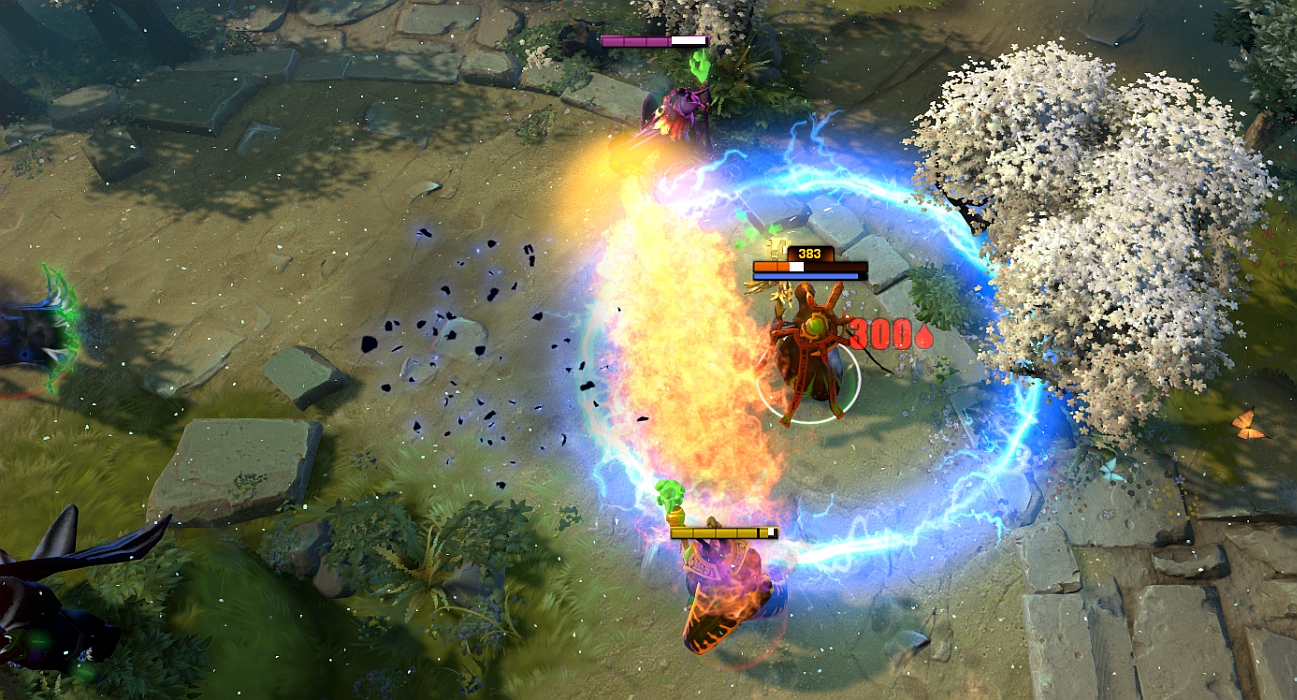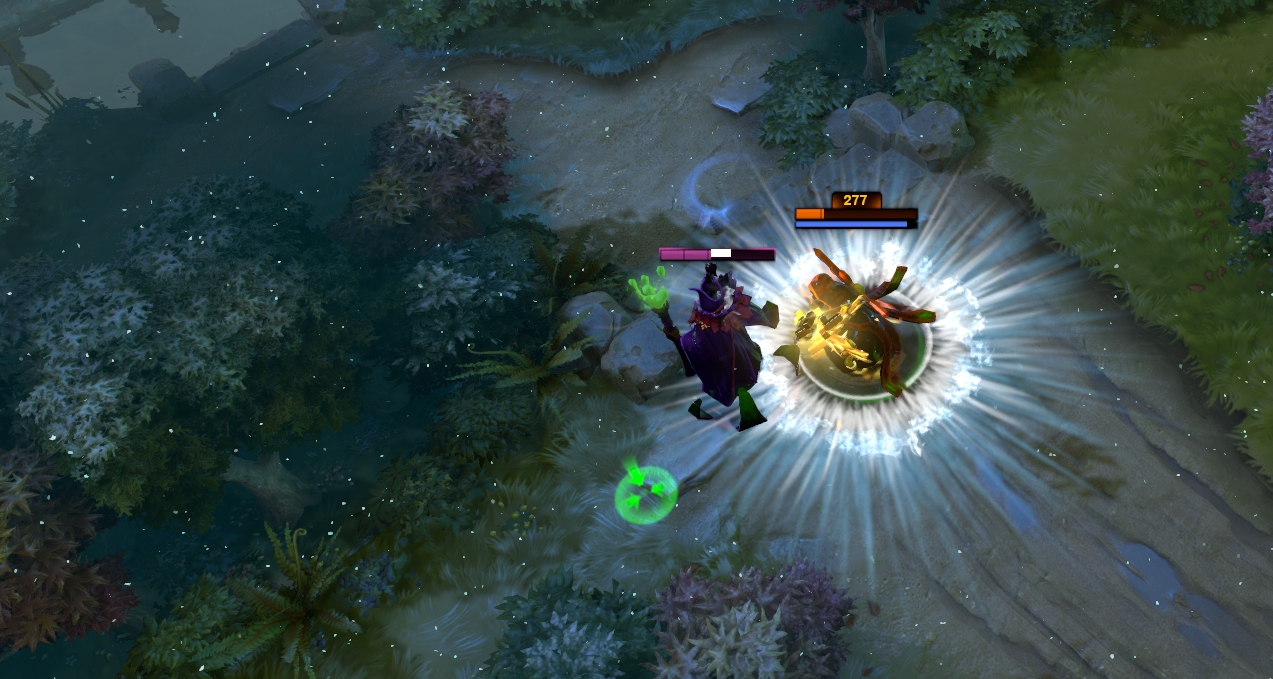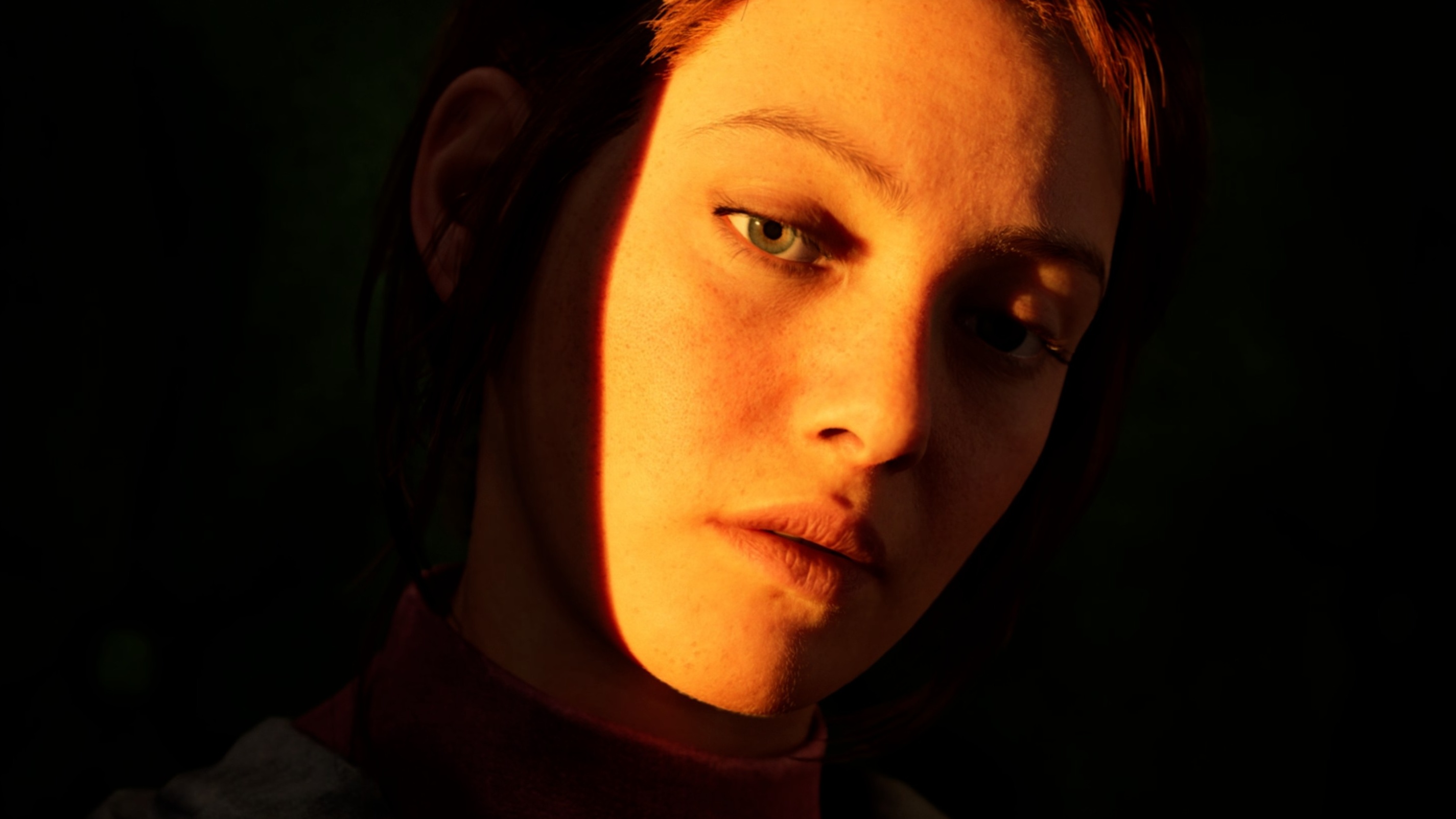Dota 2 custom game of the week: Grand Magus

Every Saturday, we’ll highlight a Dota 2 custom game that is fun, playable, and relatively bug-free. To find a custom game, go to the ‘Custom Games’ tab in Dota 2 and enter the name as we’ve provided it in the search box in the top right—in this case, Grand Magus.
Ten Rubicks enter. One Rubick leaves. Grand Magus is a free-for-all competitive game mode built around Dota 2's weirdly unique and uniquely weird spell-stealer, Rubick, adopting the structure of the classic 'gun game' mod for Counter-Strike and applying it to Dota 2. It's brilliant, and I can't believe I didn't discover it sooner.
In broad terms, this is a deathmatch game where every player controls a modified version of Rubick on a large, circular map—one of the ones from Overthrow. You can't auto-attack, but start off with a set of existing Dota 2 spells, although they've been tweaked a little and there's no levelling up or items to buy. After certain conditions are met, a giant Rubick statue in the middle of the map will fire a new spell your way, replacing one of your existing ones and forcing you to switch up your strategy. Every player is given a Magic Wand, Force Staff, Eul's Scepter and Blink Dagger, and there are rune-style power ups that spawn on the fringes of the map.
A clever voting system is used at the start to determine the exact parameters of the match: you can set a time limit or kill limit to determine the length of the game, and change whether players earn new spells by scoring kills (and if so, how many) or simply have it be based on a timer. The most popular way to play seems to be with a high kill limit, with new spells issued every two kills. This most resembles gun game (Arms Race, nowadays)—but instead of climbing CS:GO's armory of guns, you're moving laterally around Dota 2's spellbook.
For example: I get a glimpse of an enemy weaving through the trees. I blink in and use Slithereen Crush to stun one of them before force staffing myself out of the way of Breathe Fire. I throw Crypt Swarm back the way I came, followed by Spawn Spiderlings, and Euls my opponent to give my skills time to cool down. As he lands he manages to Euls me and run: a chase ensues, I get lucky with a blind blink into the trees and take him down with a second Crush. The kill earns me my next spell, I pop my Magic Wand to regenerate a bit of mana, and wander off in search of another opponent.

If that last paragraph meant nothing to you, then you might have a tougher time with Grand Magus. Unlike a lot of custom games, it uses a lot of Dota 2's existing items and abilities. If you can't glance at an icon and understand which spell you've just received and what it does, things become a lot tougher. Similarly, if you're not used to using a lot of mobility items in concert with one another your options become a lot more limited. On the other hand, this allows Grand Magus to act as a training or warm-up tool: a way to learn how to use Eul's Scepter to set up combos, or to get better at managing Blink Dagger and Force Staff usage. It won't teach you much about using Rubick's regular abilities—you don't actually have them—but it does call upon your general game knowledge and requires a lot of the same in-the-moment decision making and micro skills.
The deathmatch format provides a welcome break from the strife that can result from team play. If there's a weakness, it's that not very many people are currently playing it—less than a hundred on a Friday afternoon in Europe. That said, you don't need a full complement of players to have fun. Unlike most team modes, it works perfectly well with anything from 3 to 10 players, and those configurable match parameters allow you to configure the game to suit the amount of people you can find. Beyond the limited playerbase, I didn't encounter any other impediments to play—no crashes or technical issues.
There's a lot going on in the Dota 2 custom game scene at the moment, but I admire Grand Magus because it's a simple but novel idea executed well. It makes the most out of tried and tested ideas from Dota 2 and places them in a fun, competitive new context. I don't just like it because Rubick is one of my favourite heroes—but it definitely helps.
Keep up to date with the most important stories and the best deals, as picked by the PC Gamer team.

PC Gamer Pro is dedicated to esports and competitive gaming. Check back every day for exciting, fun and informative articles about League of Legends, Dota 2, Hearthstone, CS:GO and more. GL HF!
Joining in 2011, Chris made his start with PC Gamer turning beautiful trees into magazines, first as a writer and later as deputy editor. Once PCG's reluctant MMO champion , his discovery of Dota 2 in 2012 led him to much darker, stranger places. In 2015, Chris became the editor of PC Gamer Pro, overseeing our online coverage of competitive gaming and esports. He left in 2017, and can be now found making games and recording the Crate & Crowbar podcast.


